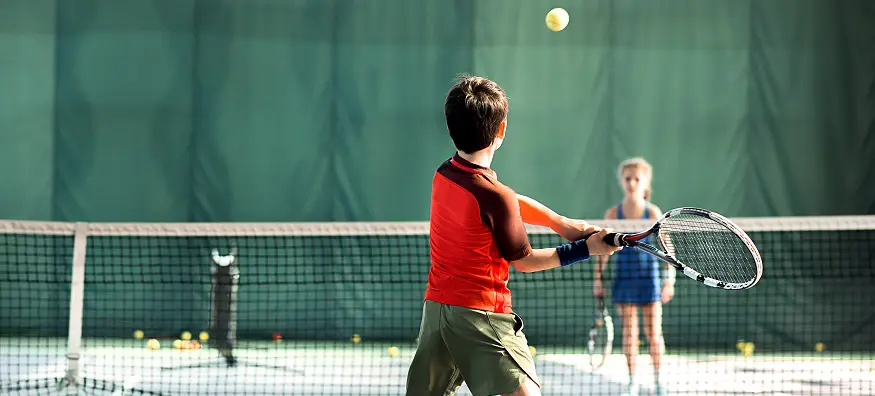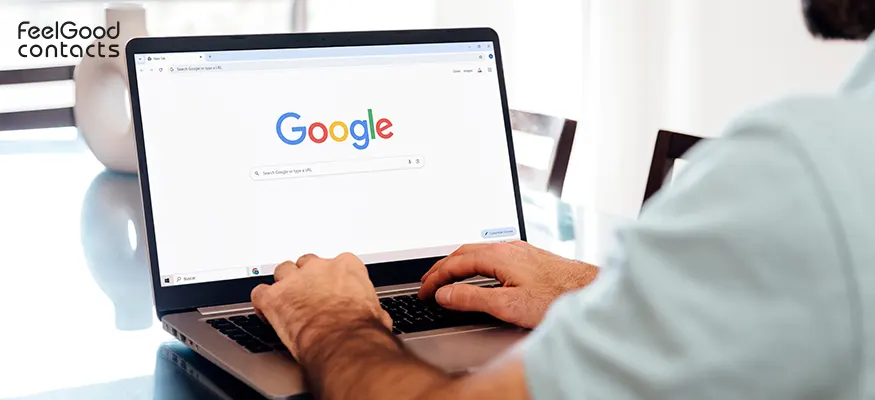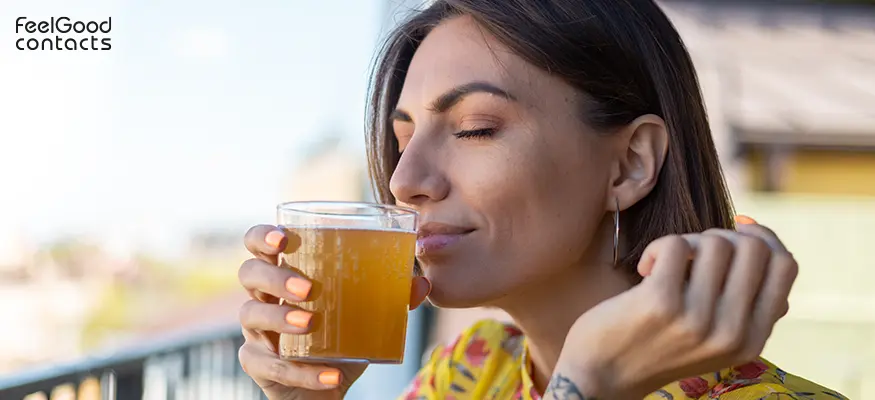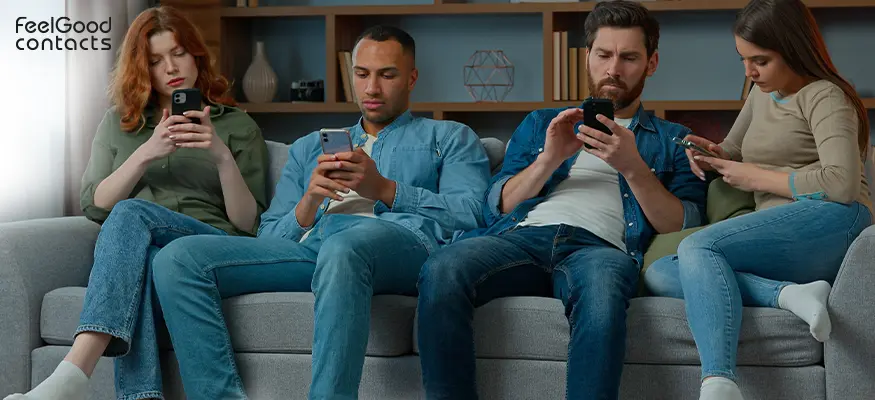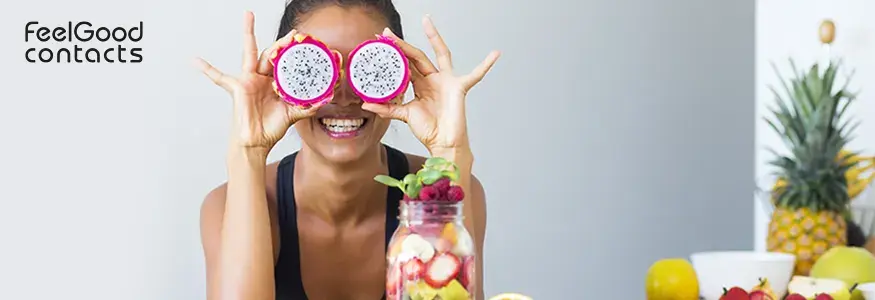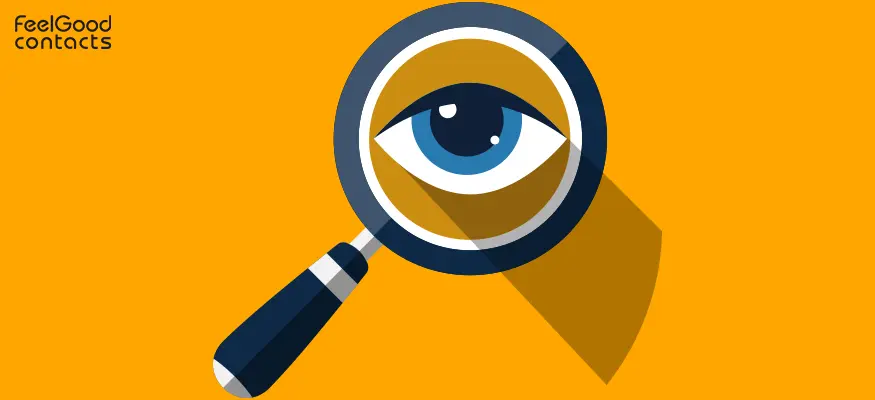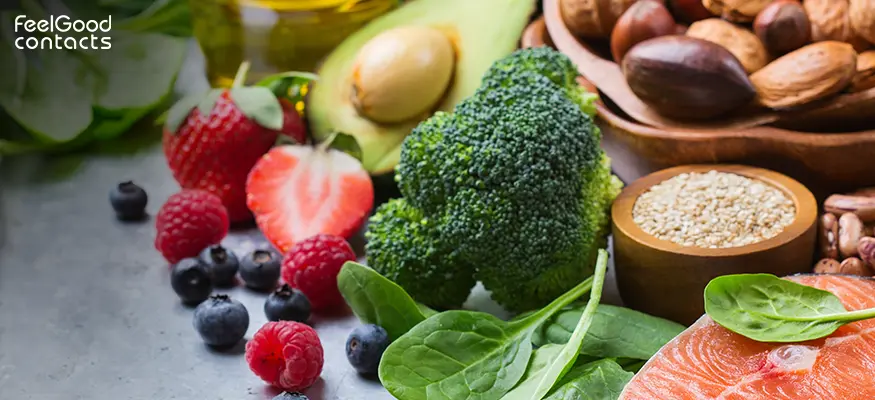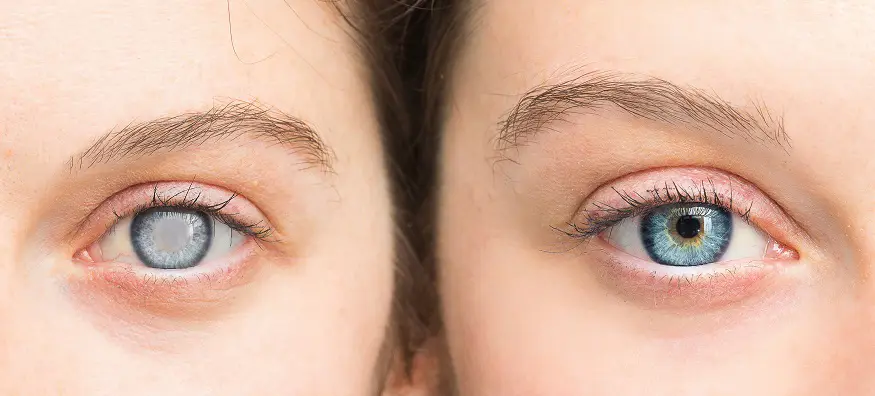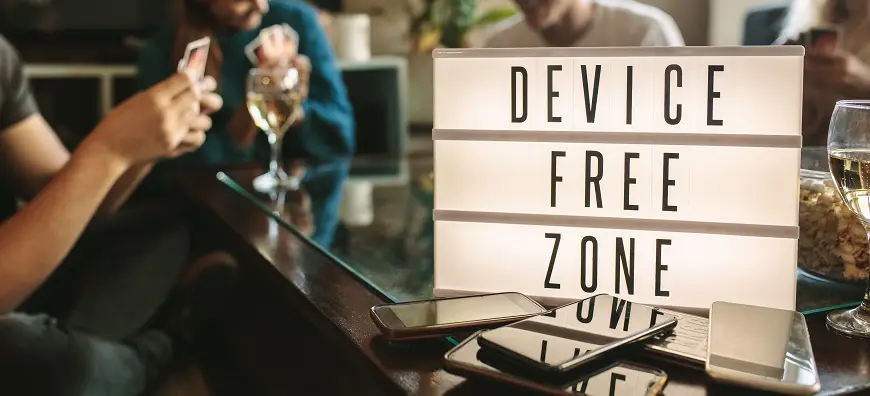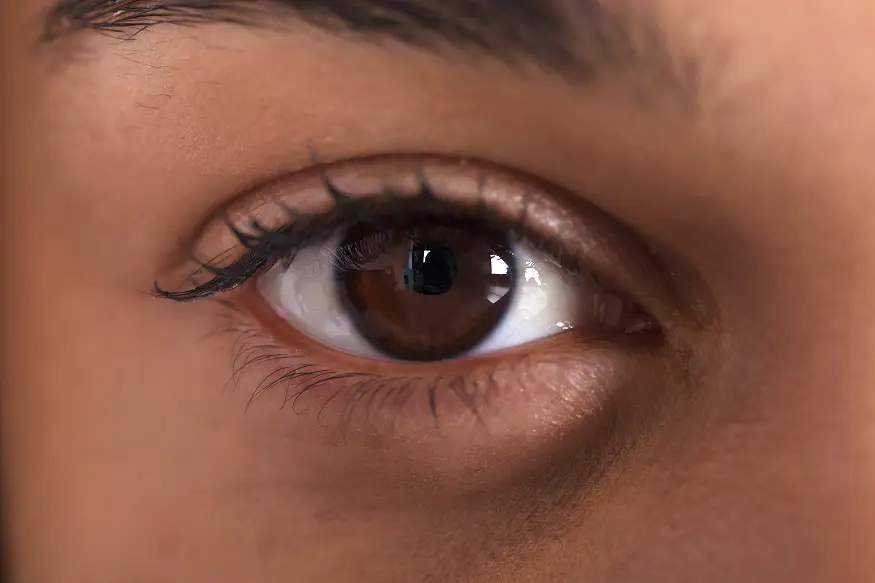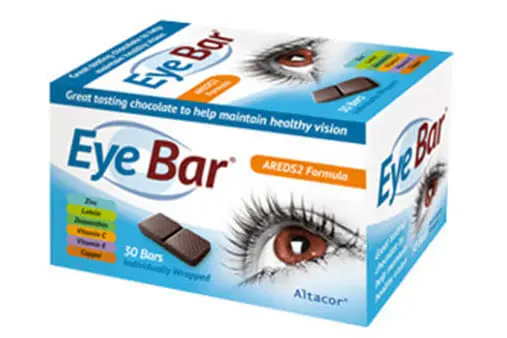From your childhood up until present, you’ll no doubt have heard a myriad of ‘tips’ and ‘facts’ about eyes and vision. However, as much as we don’t want to burst your bubble, we feel it’s our duty to separate the fiction from the fact. That’s why the Feel Good Team have decided to launch another shocking exposé to reveal just what kind of lies you might have been fed when it comes to looking after our eyes.
Here’s the myths that we’re calling out:
You Are Born with Full-Size Eyes
Just like the rest of you, your eyes didn’t come out fully grown at birth. They continue to grow as you grow from a child to an adult. It’s interesting to know that at birth your eyes are a third of their full size, and after only six months, your eyes will be two-thirds of their full size.
Using a Nightlight Can Lead to Short-Sightedness
Here’s another one that’s to do with growing up and children’s eyes. A lot of kids sleep with a nightlight in, and rightly so, as the dark can be pretty scary when you’re a youngster. However, despite the common belief that a nightlight is actually a contributor towards developing short-sightedness, there is actually nothing to be scared of when it comes to the nightlight’s effect on your eyes.
Wearing Contacts Weakens Vision, and Leads to a Dependency
Wearing contact lenses to correct your vision is often a necessity and not a choice. You can’t go about your daily routine with uncorrected vision, and so contact lenses offer the perfect option. However, there is a myth that by using contact lenses, your eyesight will become worse and will lead to a dependency on contacts. This couldn’t be further from the truth, and is actually a pretty dangerous thought if it manages to dissuade people from seeking corrective eyewear. There are a variety of factors that can weaken your eyesight, including age and disease, however wearing contact lenses is not one.
Eating Carrots Will Help You See in the Dark

Now we’ve all heard this one - “Eat your carrots and you’ll be able to see in the dark!”. While it may have evoked wide-mouthed exclamations from us when we were kids, the tale is unsurprisingly not 100% true. You’ll never be able to see clearly in the dark (without night vision goggles) unfortunately, however carrots do play a small part in improving your vision. Carrots contain vitamin A, which is necessary to maintain good vision, however vitamin A can also be found in a wide range of other foods. This list is not limited to milk, peppers, sweet potatoes, cheese, some fish and a whole host of other everyday foods.
Eye Exams Are Only for When There's a Problem
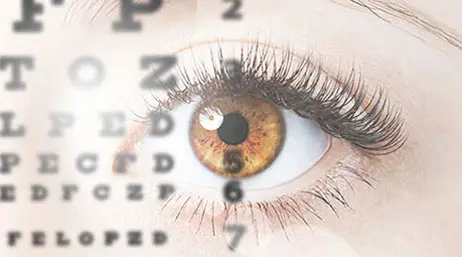
It’s often said about most things in life, “if it ain’t broke, don’t fix it”. But that’s a pretty foolish motto to abide by when it comes to your health and, in particular, the health of your eyes. There are a variety of eye problems that can go undetected for a period of time, and that could be acted on before they cause any significant damage. Without an eye test, you’d never find out about these problems. In addition, your prescription could have gradually changed, leaving you with corrective eyewear that offers you insufficient vision. That’s why it makes sense to go for regular eye check-ups, so as to stay on top of your vision requirements, and to minimise the risk of any undetected conditions.
Loss of Vision Isn’t Preventable
As a retailer of contact lenses, and a company that cares greatly about eye health and wellbeing, we couldn’t disagree with this myth more. Vision loss usually begins with eye pain, blurriness and flashes of light – all symptoms that mean you should visit your local eye doctor. If treated early enough, the symptoms can be relieved before they cause any permanent damage to your eyes and your sight.
We hope that you’ve found this blog post informative, and interesting. At Feel Good Contacts, we always, and will always, strive to offer you the best in information when it comes to your eyes and contact lenses.















